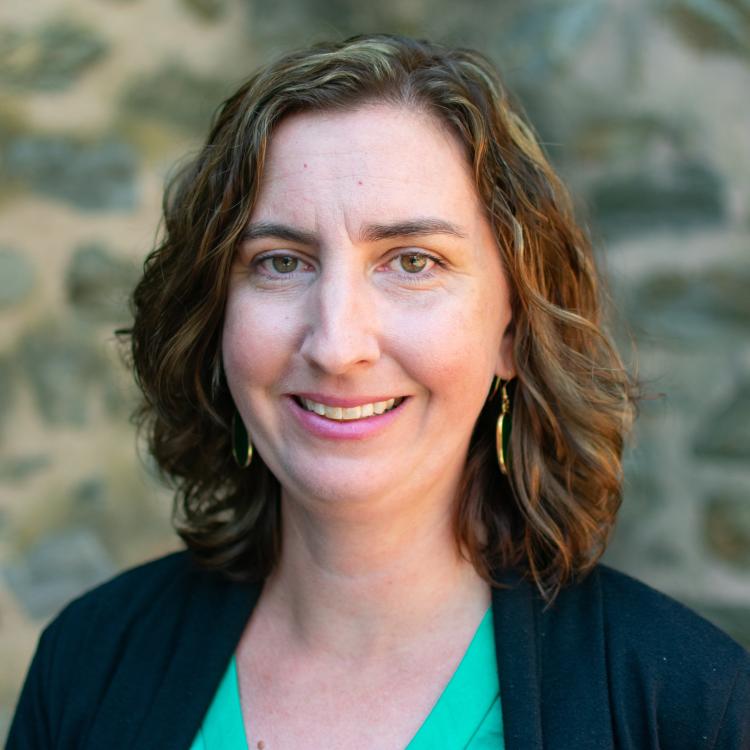

Amy Gilbert Richards, PhD is Affiliate Professor and Chair of Philosophy at Eastern University. She is also a Faculty Fellow of the Templeton Honors College's Master of Arts in Classical Teaching program. Building on her previous work in philosophical and theological anthropology, she teaches a course in this program called ‘Difference and Human Dignity in the Great Tradition’, which is dedicated both to developing an understanding of what it is to be human through the lens of disability and difference, and to offering practical techniques for classical classroom approaches for students with special needs. Also of note, Dr. Richards and Classical Academic Press have begun a collaboration project on a book related to her work in this course—more coming soon! She lives in Havertown, PA with her husband and their three small girls.
- Ph.D., University of Virginia: Philosophy
- M.A., University of Virginia: Philosophy
- B.A., Eastern University: Biochemistry and Philosophy, Templeton Honors College
HON 202 Justice and the Common Good (3 credits)
In this class we engage questions about justice and the common good by examining major texts and thinkers from the classical, Christian, modern, and contemporary perspectives. Particular attention will be given to the validity and purpose of law, differing conceptions of justice and their practical consequences for regime type, the grounds of human dignity and integrity, as well as selected problems of meta-ethics. (GE indicator addressed: Knowledgeable in Doing Justice)
Difference and Human Dignity
In this course, we will explore the notions of human dignity inherent in different understandings of what it is to be a person. Always in view will be how these varying understandings of dignity and personhood treat persons with various disabilities—physical and mental. Are they kept, in philosopher Raimond Gaita’s phrase, ‘fully among us’? Or do our very definitions of personhood exclude certain human beings? How do theological reflections affect our understanding of disability and the possibilities for grace and revelation contained therein? Are there secular means for keeping persons with disabilities ‘fully among us’? Within the context of such reflections, we will begin to think about our calling to educate students with special needs. In particular, we will spend time thinking about contemporary approaches to disability generally, and reflect on how classical education might particularly serve as a model for restoring humanity to special education.








